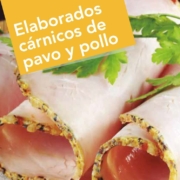Alimarket Report September 2020: The poultry sector promotes digitalization
Due to the effects of the COVID19 pandemic, the meat sector is undergoing important changes. And one of them has been the strong progress towards digitalization, which joins the commitments of our sector, such as Sustainability and the Wellbeing encouragesl, as well as the crucial process of Internationalization.
In this report of Alimarket, in which we have participated since Propollo Contributing our vision and experiences, the "state of the art" of the meat sector in Spain is analyzed, including the poultry industry. These are the main conclusions:
- He "plant-based” has burst onto the scene of the sector, according to the president of ANICE, “digital and technological tools have become fundamental for the meat industry…”. Declarations that are accompanied by a “Digitalization Plan” to make partners aware of the possibilities that technology and digital tools offer to associated companies.
- Digitalization in the meat sector is still limited. They will undoubtedly have an impact on the structure of the company itself and its relationship with the customer, in addition to an improvement in production, the adaptation of products, greater safety of its products and workers; and, of course, in communication with clients and attracting new ones.
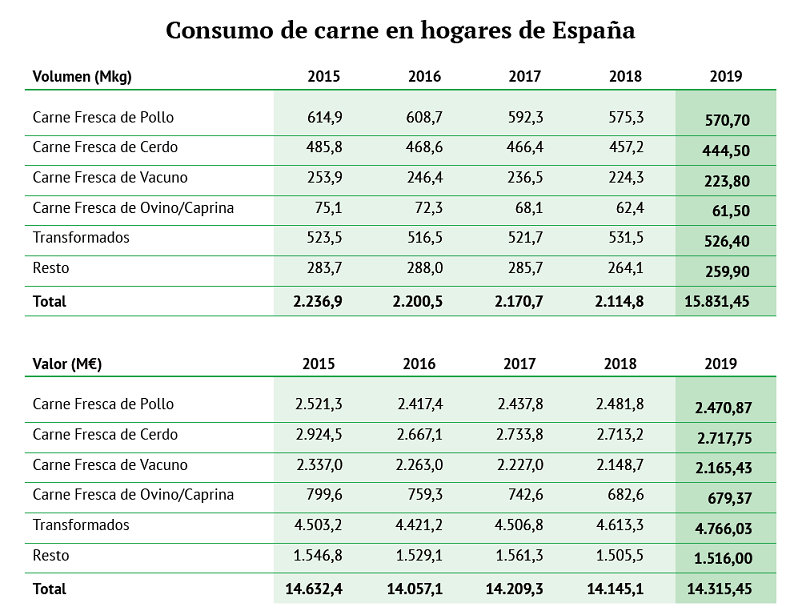
The increase in digitalization has been confirmed by Provacuno, another of the interprofessional organizations participating in the report. According to those responsible, there have been increases in online sales platforms, in parallel to the feared decrease in consumption by the HORECA sector during this pandemic, and the increase in interest in exports.
“The poultry sector has been developing important investments in the modernization of facilities, access to new sources of renewable energy, application of circular economies or waste management.", Jordi Montfort, Secretary General Propollo
Alimarket
As the report explains, the meat sector, through ANAFRIC and of Provacuno, in a movement that we also support at Propollo, has requested aid for private storage, the opening of public intervention purchases and direct aid to the producing sector, especially to feedlots or in our case, poultry farms.
In foreign trade, COVID has had a notable influence. International fairs have been almost suppressed, as well as travel and gatherings of people. Traditional trade promotion models have undergone a significant change. Digital transformation now plays a new role.
New markets are opened through online audits, as in the case of Thailand. A path is open for new commercial destinations.
Sustainability and animal welfare
Sustainability and well-being, objectives pursued by the sector before the pandemic, continue to play an important role today. From Propollo We explain how “The poultry sector has been developing important investments in the modernization of facilities, access to new sources of renewable energy, application of circular economies or waste management. But it is a global commitment, and therefore it must continue to be encouraged by public administrations, to extend the possibilities of adopting them to as many companies as possible..”
Another of the topics mentioned refers to the Meat Sector Working Group of the Food for Life-Spain Technological Platform (PTF4LS), which proposes promoting and organizing R&D&i processes, creating structures that allow this innovation to be channeled effective and efficiently structure the relationship between the industry and the world of innovation, identifying common interests and market requirements.
Antibiotic-free production, financing opportunities for R&D&i projects and food safety in fermented sausages are some of the new projects that meat companies have embarked on.
The report also indicates that we cannot forget the appearance of processed meat substitutes in the coming years and that they will compete with traditional products. Another challenge that the meat sector will have to face.

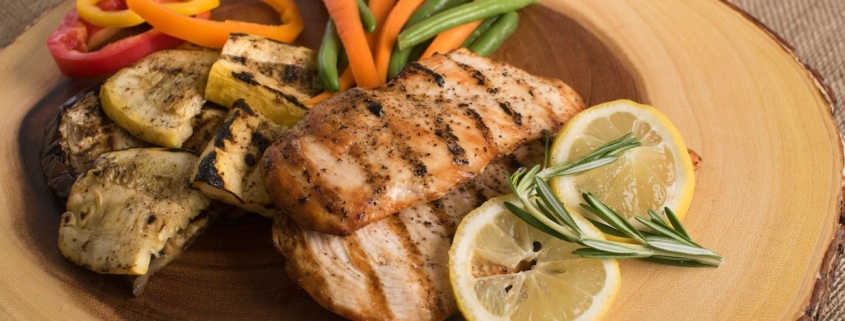 mark_deyoung
mark_deyoung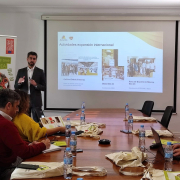
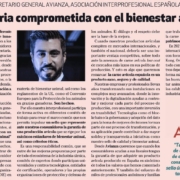
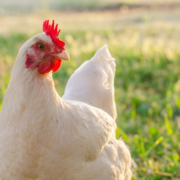
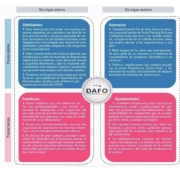 Carnica Magazine
Carnica Magazine 
 Avianza
Avianza  Avianza
Avianza 